7 March 2025
If you've ever played a tactical game—be it a gripping turn-based RPG, a strategic board game, or even a card battler—you've likely experienced that nail-biting, brain-teasing moment where you ask yourself: _What’s the best move I can make right now?_ It's like being in a chess game, but your decisions have ripple effects that can define the entire match.
One of the core concepts in just about every tactical game is "action economy." It’s the secret sauce, the backbone of smart gameplay, and the reason some players seem to always pull off clutch victories. But what exactly is action economy, and how can you make sure you're using it to your advantage? Let’s break it down.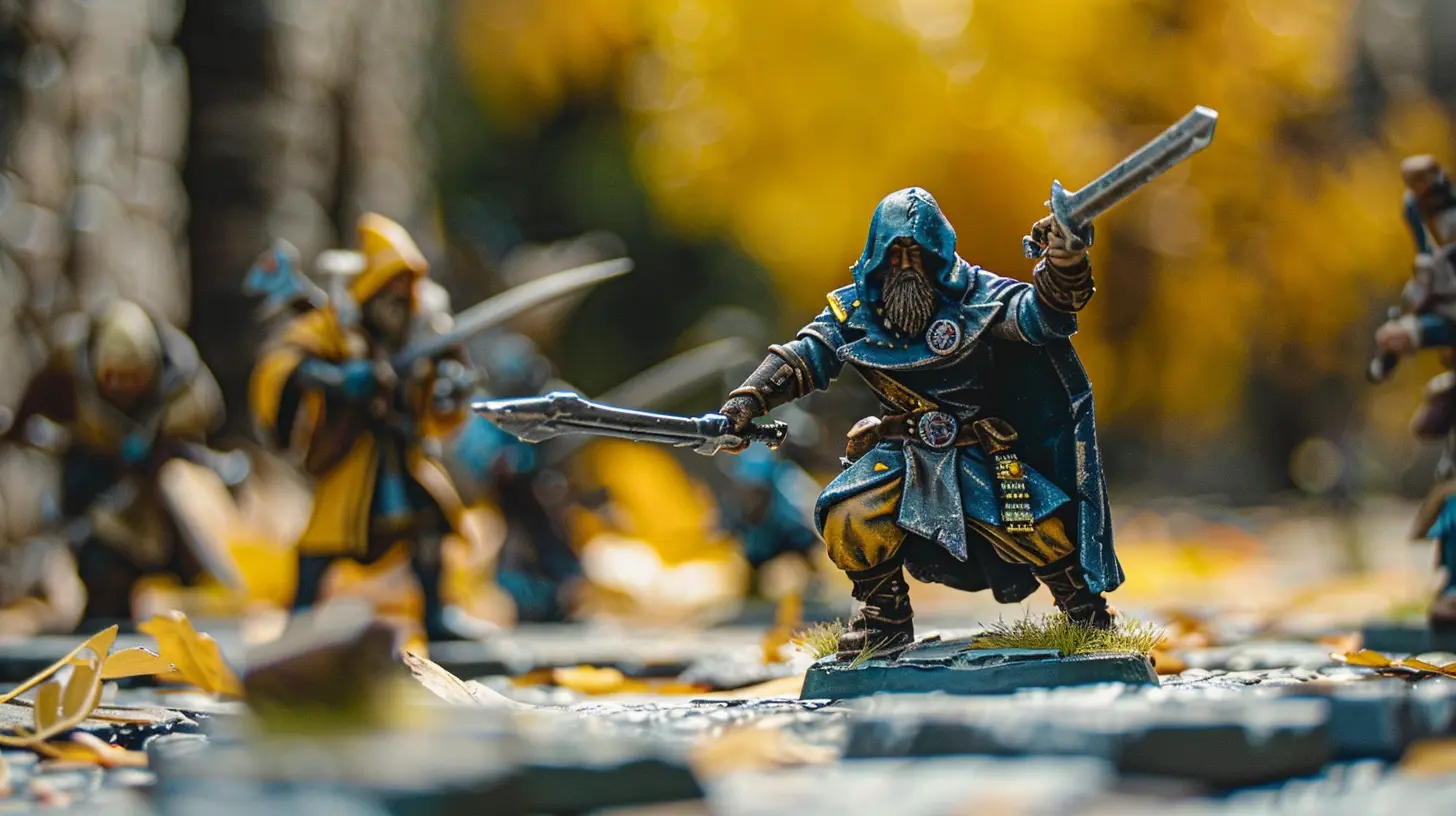
What Is Action Economy?
In simple terms, action economy refers to the ability to efficiently use the actions available to you during your turn. Whether you’re moving units on a grid, casting a spell, or drawing a card, every action you take (or don’t take) adds up.Think of action economy like running a business. Each turn is a "workday," your actions are limited resources (much like time or money), and your goal is to maximize productivity. Waste a turn or mismanage your resources, and you’re giving your opponent an opening to take control.
In short: Action economy is about getting the most bang for your buck out of your turn.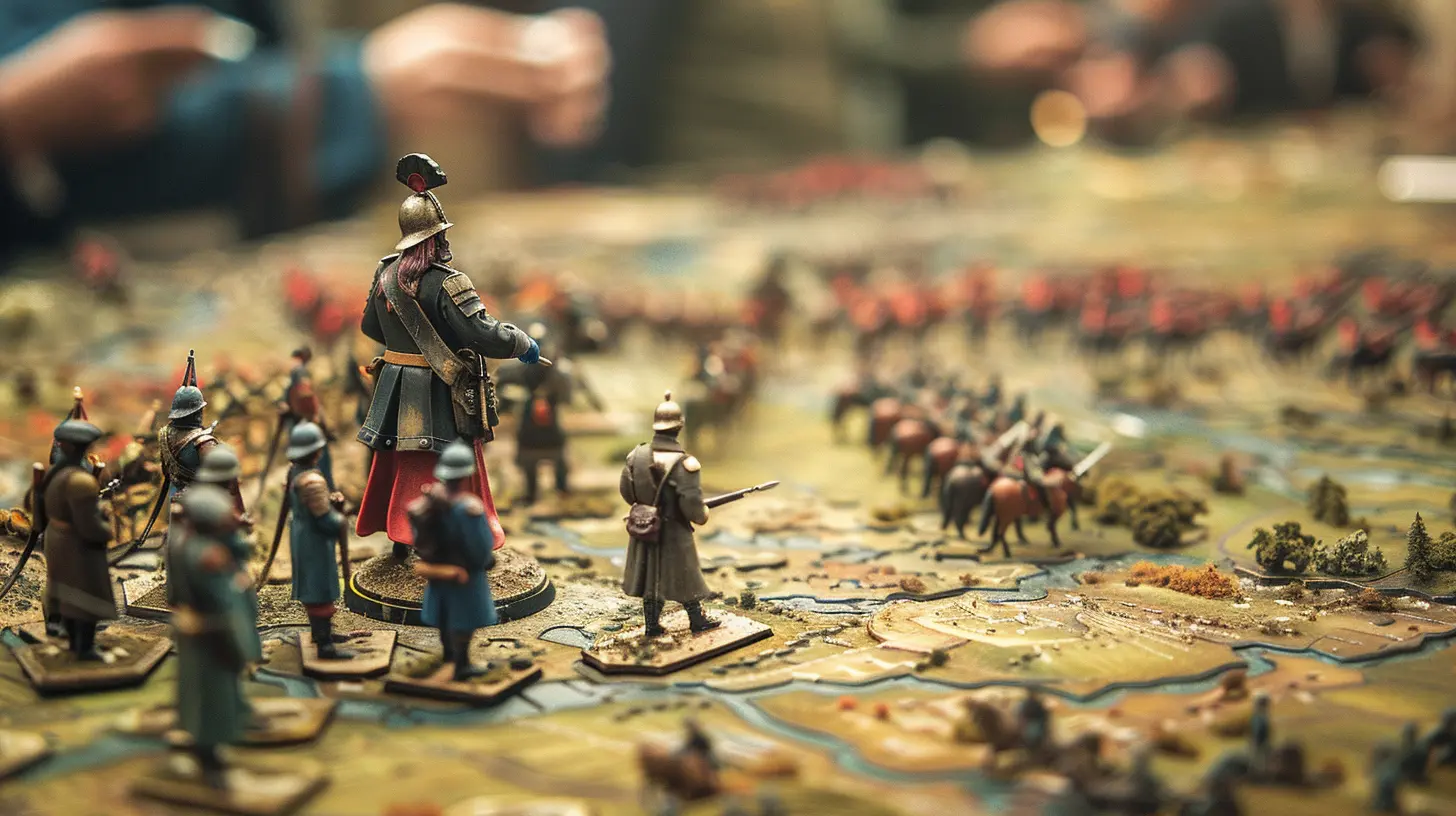
Why Action Economy Matters in Tactical Games
Let’s get one thing straight—action economy isn’t just a fancy term. It’s pivotal to tactical games because every decision counts. A poorly optimized turn can lead to missed opportunities or even defeat. Here are a few key reasons why action economy is essential:1. Turns Are Limited
In most tactical games, you don’t have infinite turns. Each game rounds out in a specific number of phases or until a winning condition is met. This means wasting even a single turn can set you back. Imagine you’re playing chess but decide to randomly move a pawn instead of checking your opponent’s king. That move? Wasted.2. Resources Are Precious
In tactical games, resources often include things like actions, movement points, or mana. These are finite, so you can’t afford to waste them on low-impact decisions. Think of it like being on a budget: you want your money (or actions) to stretch as far as possible.3. It’s a Balancing Act
Games are often designed to pit you against opposing forces—enemy troops, rival players, or even the game itself in a single-player mode. If you’re not maximizing action economy, your opponent probably is, and that’ll tip the balance against you faster than you realize.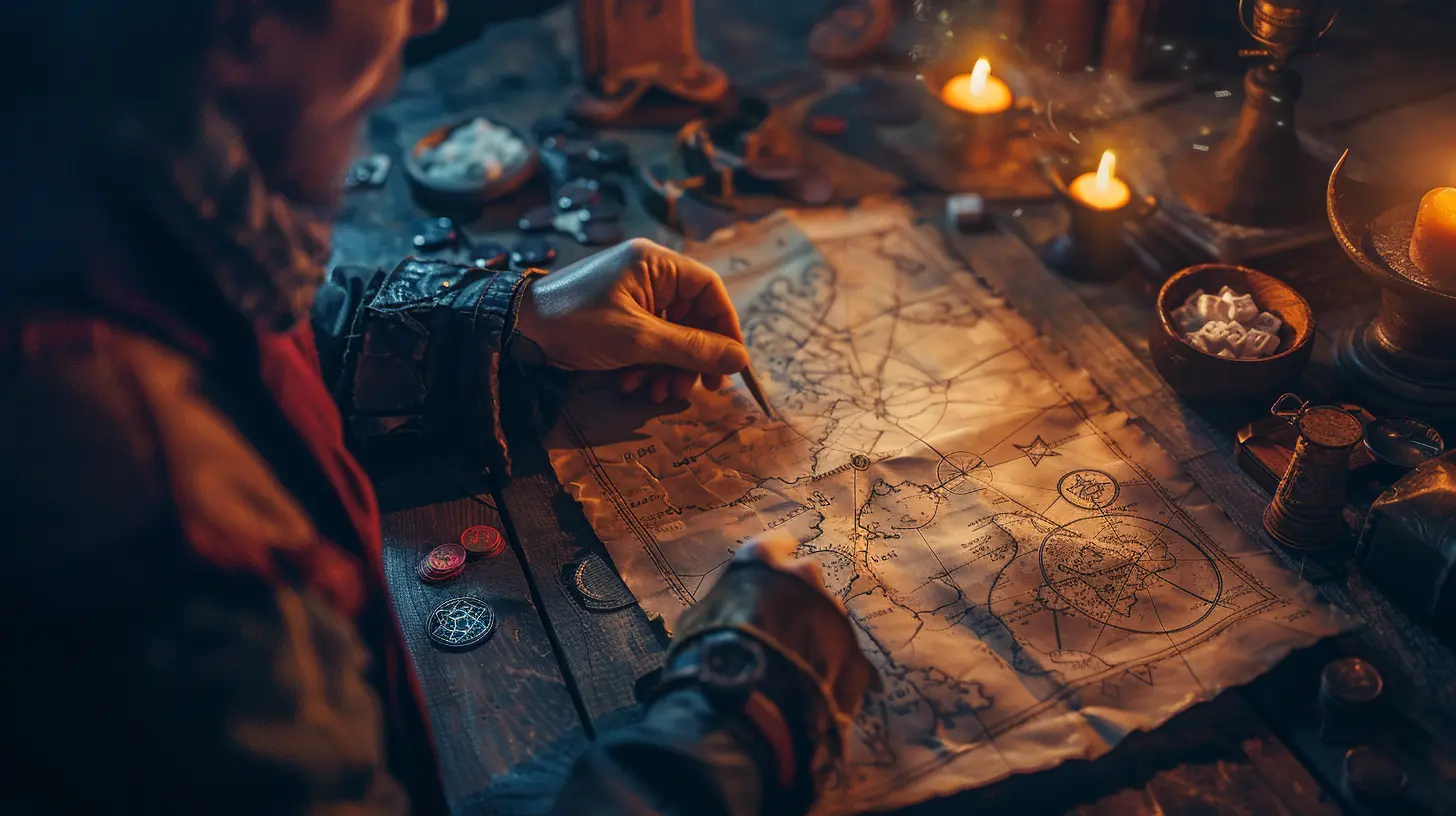
Breaking Down the Components of Action Economy
So, now that we’ve established why action economy is important (spoiler alert: it’s _really_ important), let’s dive into what actually affects it in tactical games.1. Action Points or Turns
Most tactical games have a framework of "action points" or a fixed number of moves per turn. For instance, in a game like _XCOM: Enemy Unknown_, each soldier usually gets two actions per turn—move and shoot, shoot twice, or move twice. Knowing how to sequence these actions for maximum value is critical.2. Card and Resource Management
In games like _Magic: The Gathering_, managing the cards in your hand is an action economy within itself. Playing a card too early or holding onto it too long can either give your opponent an edge or waste your own resources.3. Unit Activation
Many grid-based games allow you to activate units individually. The order you choose can influence the battlefield significantly. For example, moving a tank forward to bait enemy fire while sneaking a scout around the flank is often a better play than acting on impulse.4. Opportunity Costs
Every action has a cost. If you decide to heal a unit instead of attacking, that’s a trade-off. In some cases, it’s the right call, but understanding these opportunity costs lets you make smarter decisions.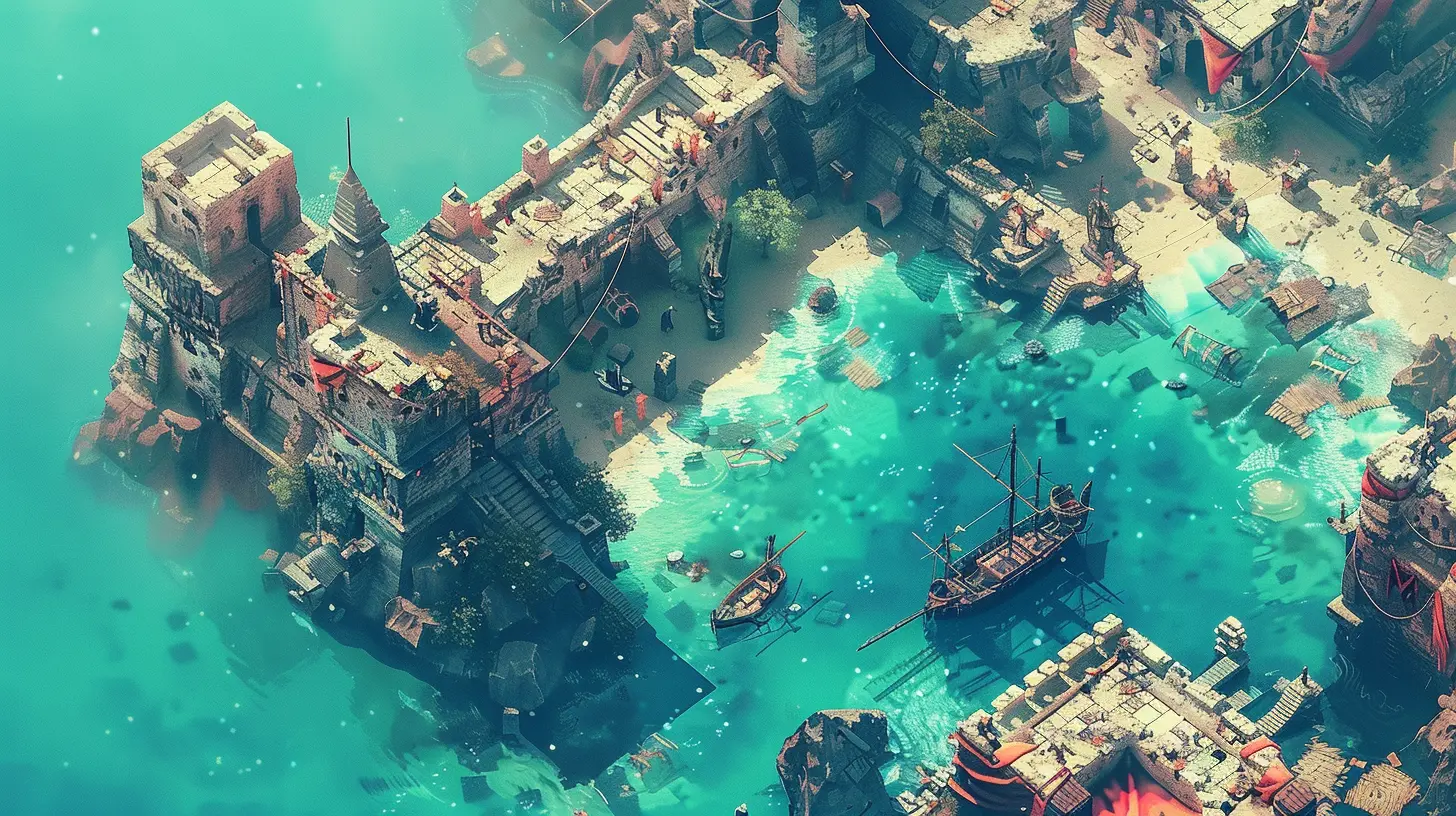
Tips for Mastering Action Economy
Okay, so you know what action economy is and why it’s important. But how do you actually get good at it? Here are some tips to help you level up your strategy game.1. Plan Ahead
You don’t need to be a psychic, but playing on autopilot isn’t going to cut it either. Take a moment at the start of each turn to figure out what your priorities are. Do you need to eliminate a specific threat? Secure a key position? Protect a vulnerable unit?Think of it as planning your grocery shopping list. If you walk into the store without one, you’ll end up with a cart full of snacks but no actual meals.
2. Set Up Combos
Many tactical games reward players who can chain actions together for devastating effects. For example, knocking an enemy off balance and then launching a high-damage attack while they’re vulnerable is often better than two random attacks. Look for opportunities to link actions and create synergy.3. Think About Risk vs. Reward
Sometimes, taking a big risk pays off—like going all-in on your most powerful attack to secure victory. At other times, overextending can leave you exposed. Always weigh the risks and rewards of your actions, keeping the current game state in mind.4. Prioritize Your Targets
This one’s huge. Don’t waste valuable turns attacking something low-priority just because it’s easy to hit. Focus on high-value targets—whether it’s an enemy healer, a strategic point on the map, or a boss unit.5. Use Every Action Wisely
If the game gives you three actions per turn, use all three. Leaving actions unused is like leaving money on the table. Even a suboptimal action is often better than doing nothing.Common Action Economy Mistakes to Avoid
Nobody’s perfect, and even seasoned players make mistakes. But understanding these common pitfalls can help you dodge them like an expert:- Overextending Your Units: Moving a unit too far forward without support might seem like a good idea until they’re surrounded and wiped out.
- Ignoring Synergy: Failing to chain combos or coordinate your units’ abilities is one of the most common missteps new players make.
- Not Adapting: Tactical games are dynamic, and clinging to a rigid plan can leave you vulnerable. Flexibility is key.
The Role of Action Economy in Different Game Genres
Let’s take a quick tour of how action economy shows up across various tactical game genres.1. Turn-Based Strategy Games
In classics like _Civilization_ or _Fire Emblem_, action economy often revolves around troop allocation and turn optimization. Every decision matters, from moving units to selecting which enemies to engage.2. Card Games
Whether it’s _Hearthstone_ or _Slay the Spire_, card games live and breathe action economy. Spending mana or energy efficiently, cycling through your deck, and setting up combos are all about maximizing value.3. Tactical RPGs
Games like _Divinity: Original Sin 2_ or _Gears Tactics_ rely heavily on action economy. Choosing how to spend your Action Points (AP) or which abilities to use can define the outcome of a battle.Wrapping Up: Action Economy Is Your Secret Weapon
Whether you’re new to tactical games or a seasoned vet, mastering action economy is a skill that will elevate your gameplay. It’s not just about making moves—it’s about making the _right_ moves. Treat your actions like precious gems, and you’ll often find yourself ahead of the curve.Remember, tactical games are as much about thinking ahead and capitalizing on opportunities as they are about reacting to the current state of play. So next time you sit down for a session, keep action economy in mind, and watch how much more effective your turns become.

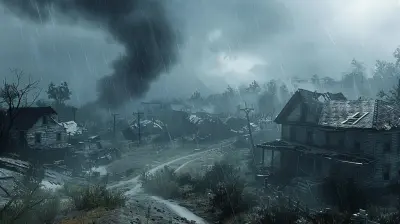




Peyton Vasquez
Great article! Understanding action economy is crucial for maximizing your strategy in tactical games. Remember, every turn is an opportunity to outsmart your opponents and position yourself for victory. Stay adaptable, think creatively, and embrace the challenge—your next move could lead to an epic win! Keep leveling up!
March 27, 2025 at 5:52 AM